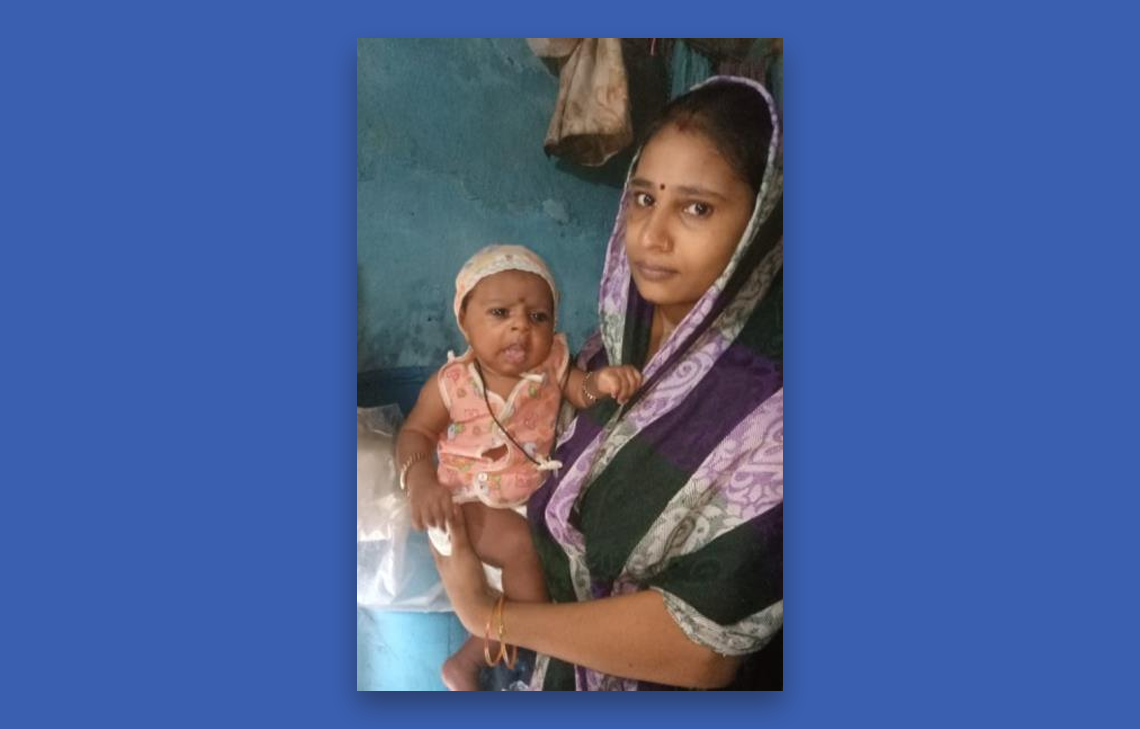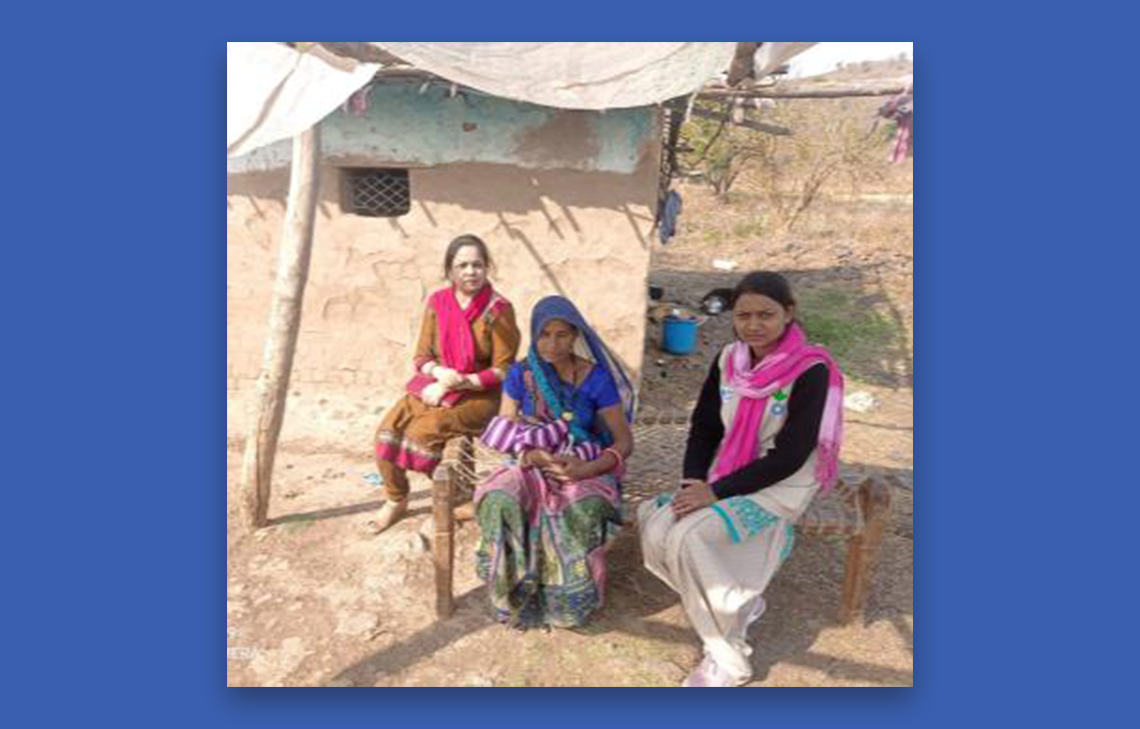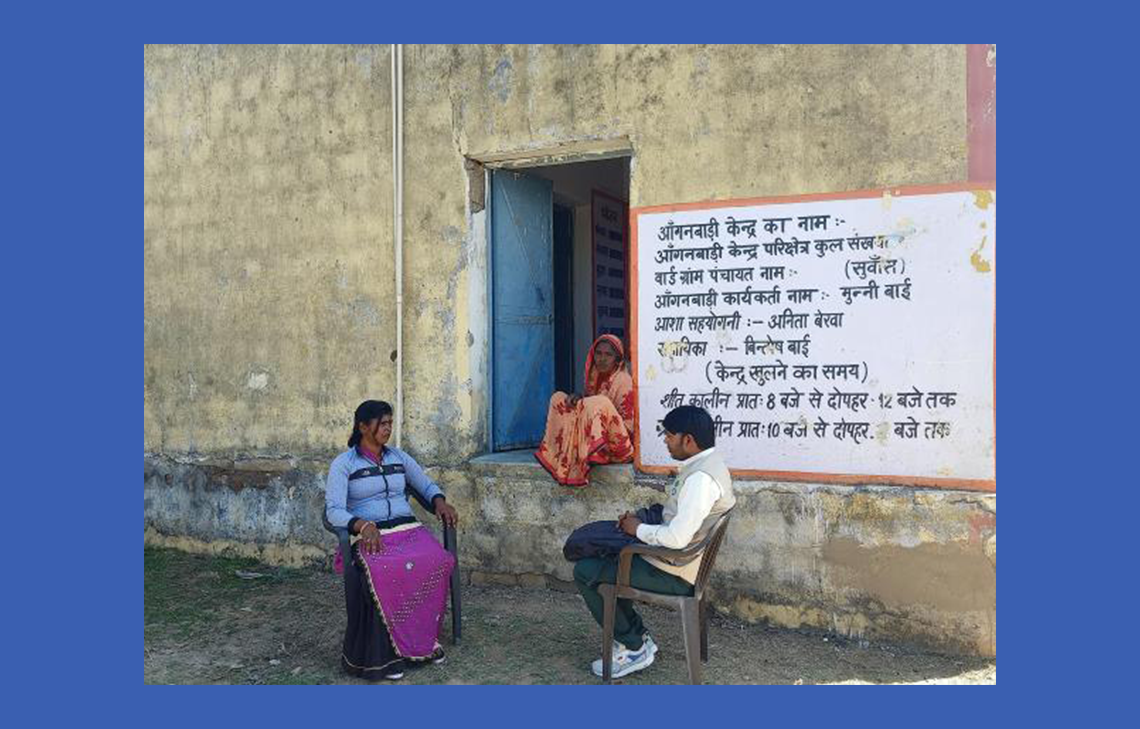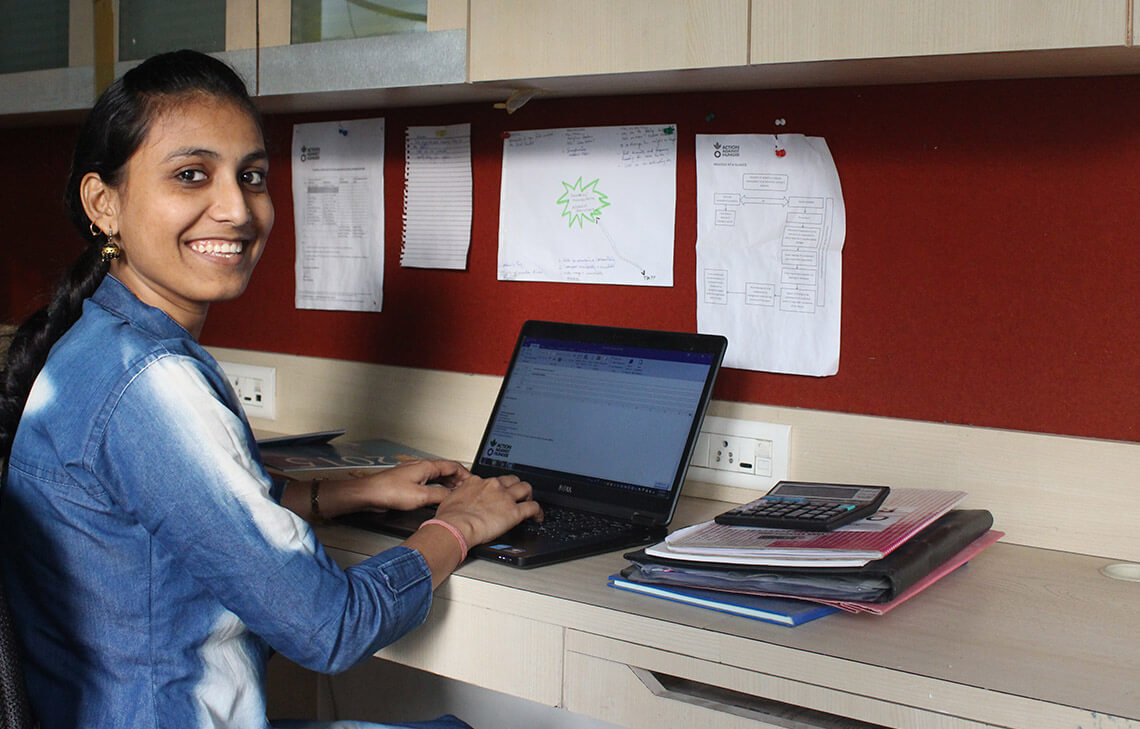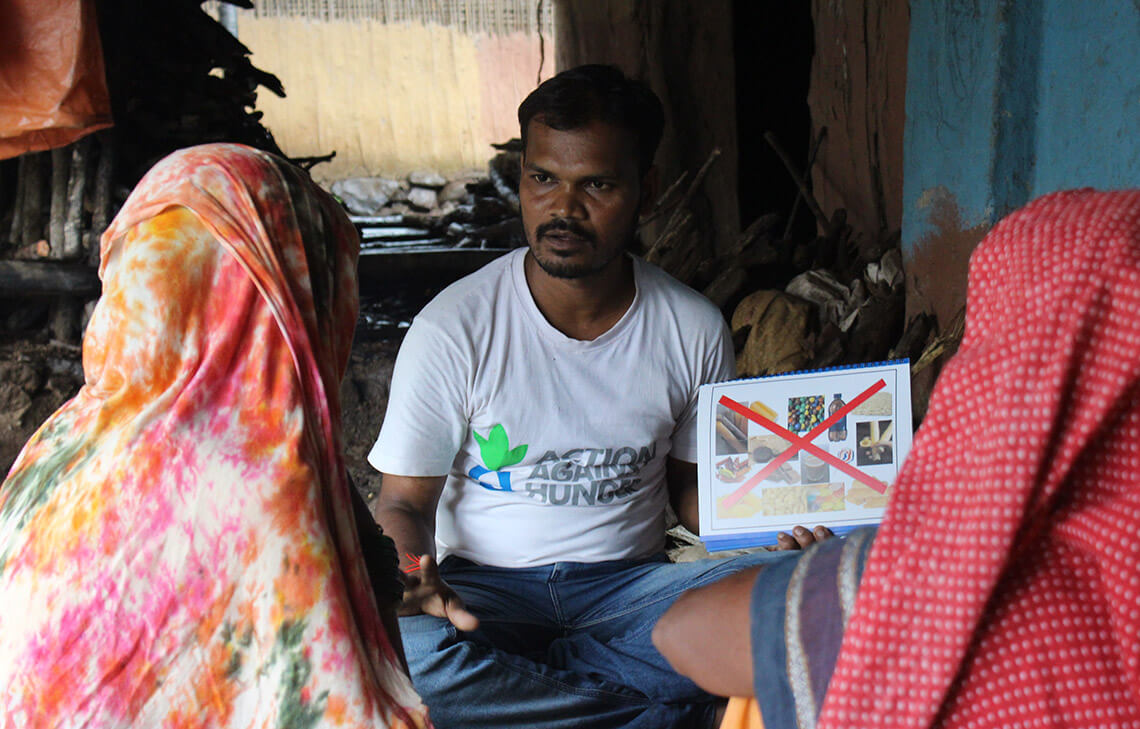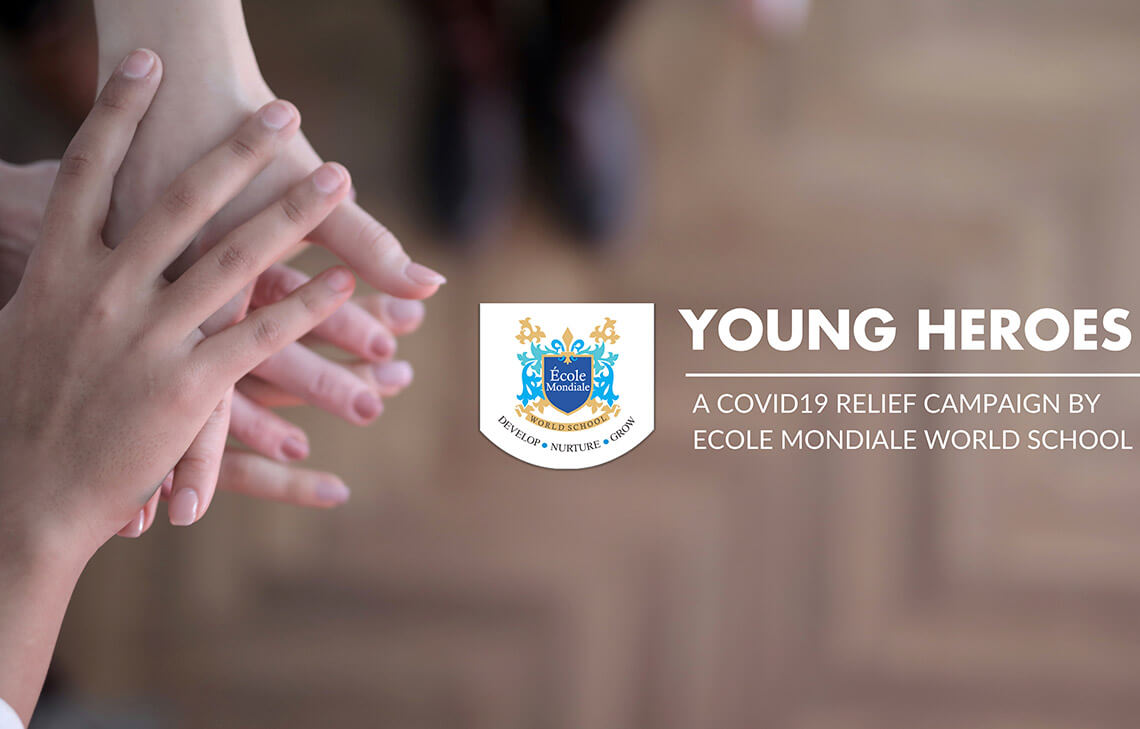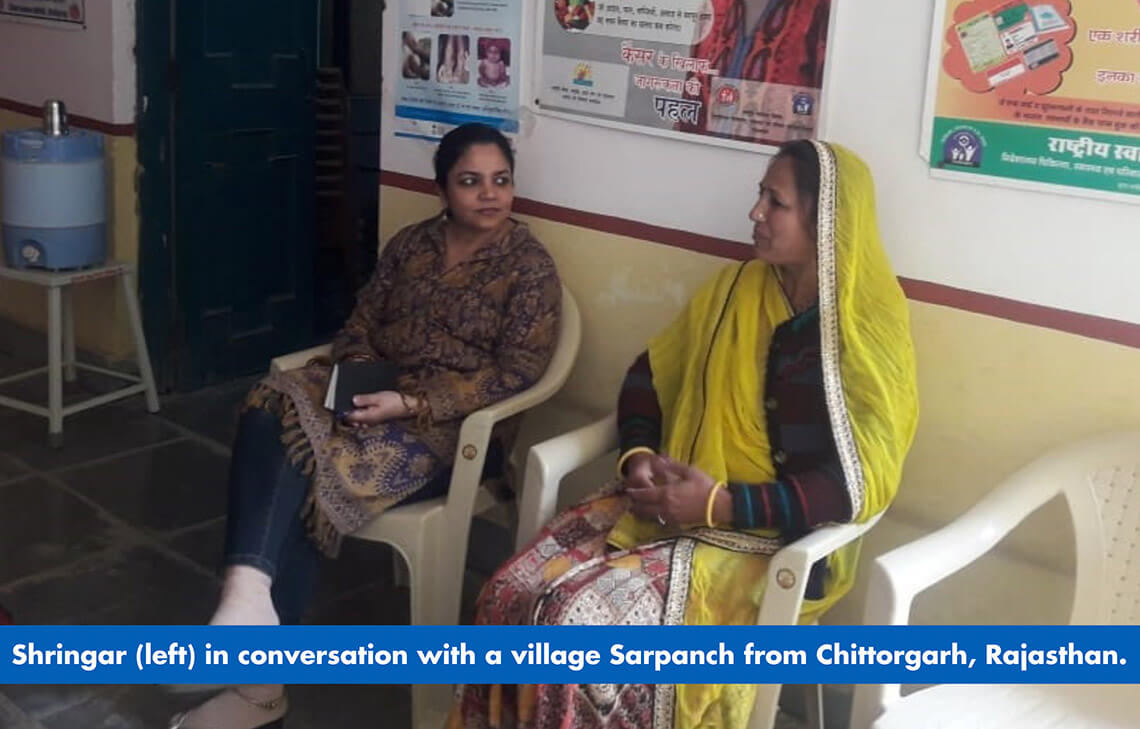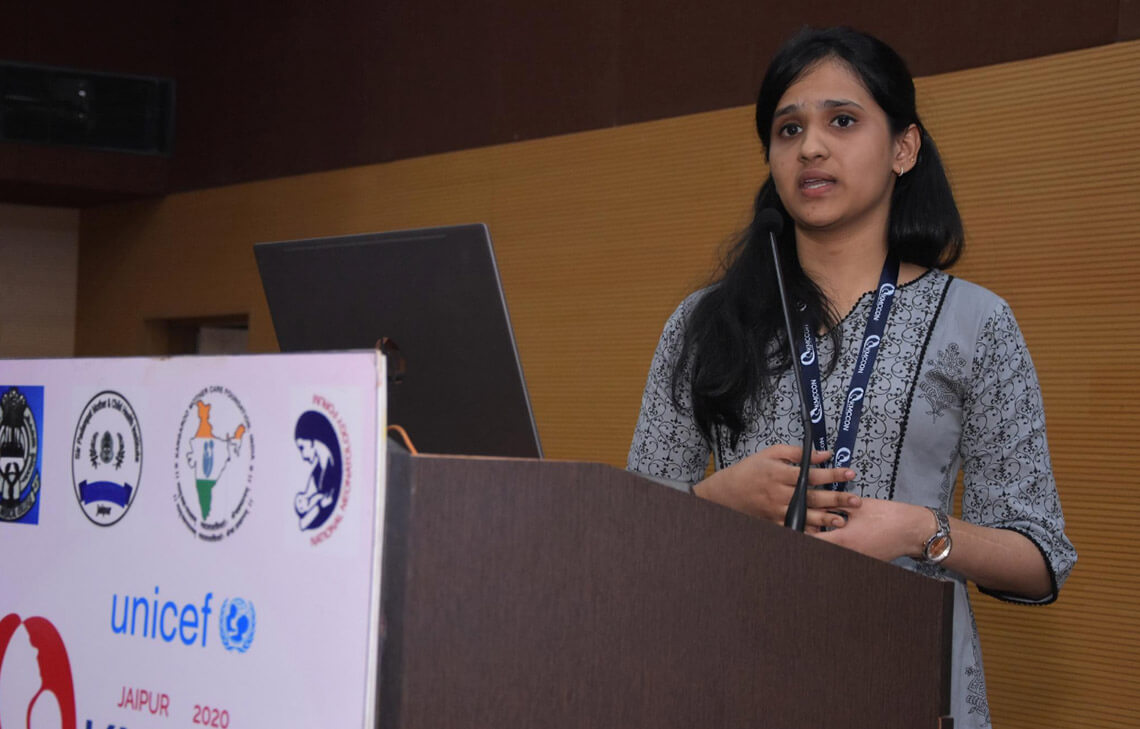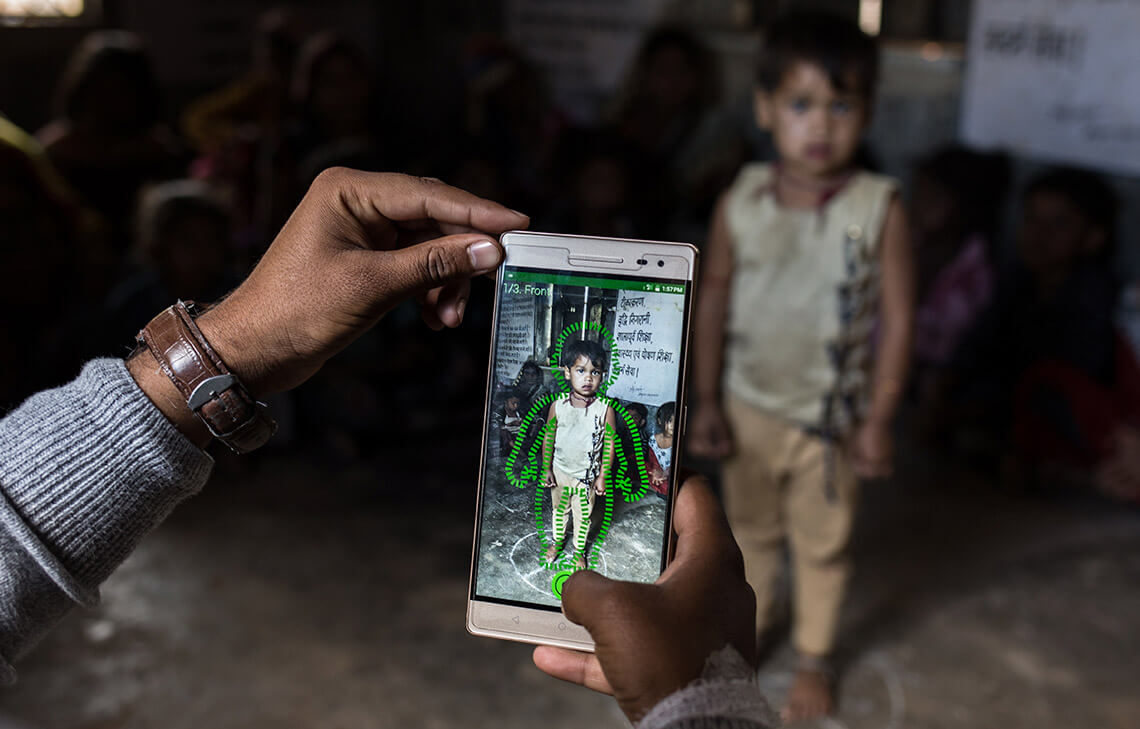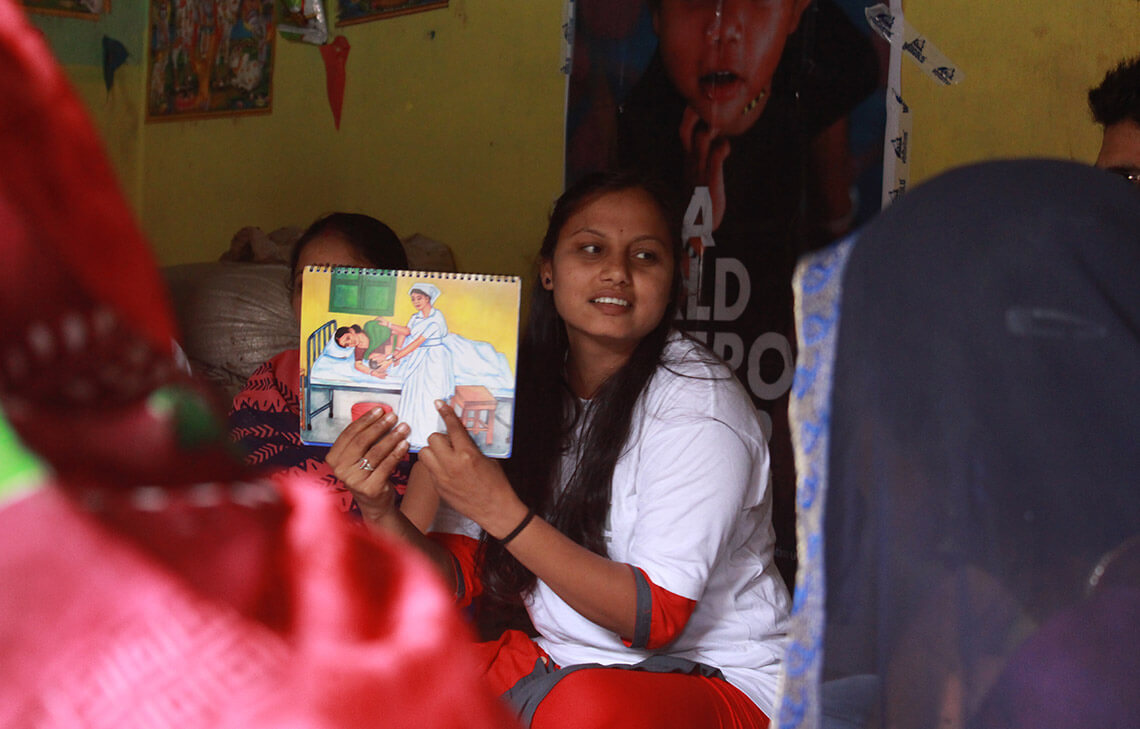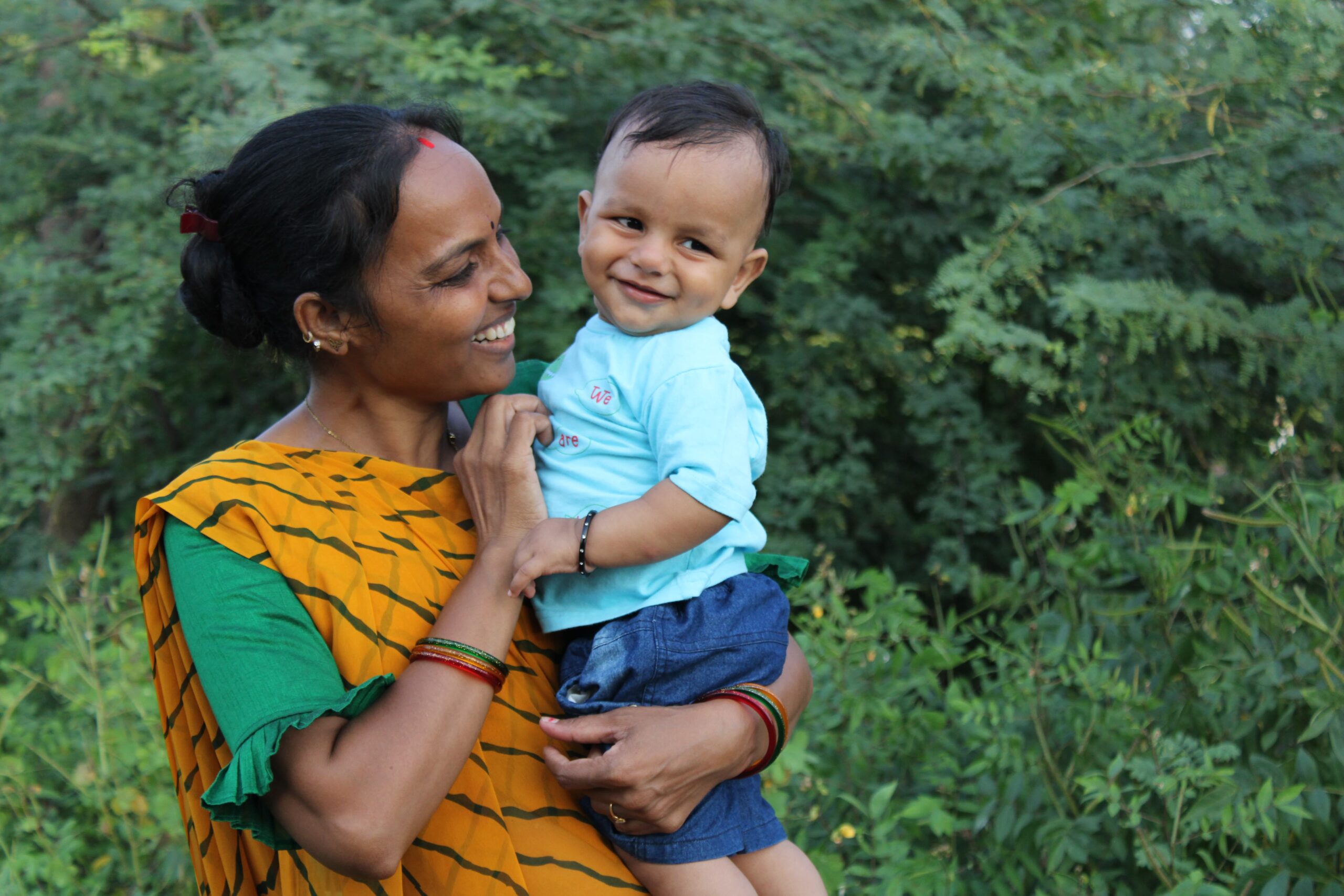Suwans Panchayat is the largest panchayat in Kishanganj block of Baran district in Rajasthan. It covers around 14 villages and is situated 36 km from the sub-district headquarters in Kishanganj, and 50 km from the district headquarters, in Baran. Raji Bai Sehriya is the lady Sarpanch of the Panchayat and is truly a commendable leader. She is a strong individual and motivated to work with the community. Raji Bai firmly believes that her ambition and dedication shall bring about a transformation in her Panchayat.
For Raji Bai Sehriya, it was not an easy task to embark upon this transformational journey. First, she lacked education and actual experience of working with rural local governance. Despite being aware of the Anganwadi centres in her village and surrounding areas, Raji Bai was initially uncomfortable communicating with Government officials as the head of her Gram Panchayat. This was because she had never visited these centres. However, she gradually became aware of the problems confronting her village, such as lack of potable water and non-functional hand pumps, poor communication and road connectivity, malnutrition, lack of awareness on health and nutrition, sanitation and hygiene, and infrastructure and proper housing.
Further, the Covid-19 pandemic struck during her tenure, making things more difficult for her. However, she received assistance and support from one of her ward leaders during the lockdown. She connected with the representatives at Action Against Hunger through phone calls. Even though she initially relied on the Ward Panch for information, she gradually learned to communicate independently. As her Ward Panch and Action Against Hunger team continued to motivate her, she became more interested in Panchayat affairs.
Despite all the challenges stemming from her illiteracy and lack of knowledge, Raji Bai remained motivated to adapt and learn constantly. She proactively set up meetings with other Panchayat members and Panchayat Samiti officials and was always ready to take a stand. Her ability to take the initiative and learn by observing her surroundings enabled her to develop a well-thought-out strategy for her Panchayat. Raji Bai’s strategy covered all the critical areas like water, sanitation, electrification, and construction of roads and streets in the village.
She became more involved in organising events to spread awareness, such as celebrating World Breastfeeding Week, with the help of Action Against Hunger. Her eagerness to learn more about nutrition led her to participate in commemorating various other days and events. After the pandemic, she visited MCHND with our field team to ensure that Covid-19 protocols were being followed. Raji Bai was keen to establish POSHAN Vatikas and plant trees, so she initiated a planting drive in her Panchayat’s villages. During Nutrition Month, hosted in September, she organised POSHAN Panchayat and raised awareness about ‘POSHAN Thali’, ‘The first 1,000 days of a child’s life’, ‘Child malnutrition’, and ‘Importance of MTC’ in the treatment of Severely Acutely Malnourished (SAM) children with health complications. After receiving information from the Action Against Hunger representative, Raji Bai and the Anganwadi workers visited homes of pregnant women and began to counsel them on the importance of a healthy diet during pregnancy.
At present, Raji Bai is all set to resolve the concern of electricity shortage. She has been meeting and visiting electricity officials and her local area MLAs, because the solution to this problem was beyond the scope of Sarpanch or other Panchayat officials. Apart from these efforts, Raji Bai believes that women’s reservation in the panchayat system can empower village women to take a stand for themselves. She is aware that even though it will take time for women to achieve the needed confidence, the Panchayat encourages them to speak up about their concerns. Raji Bai has received recognition from her community members, officials, and development organisations for her relentless efforts towards bringing about a positive change in her Panchayat.
